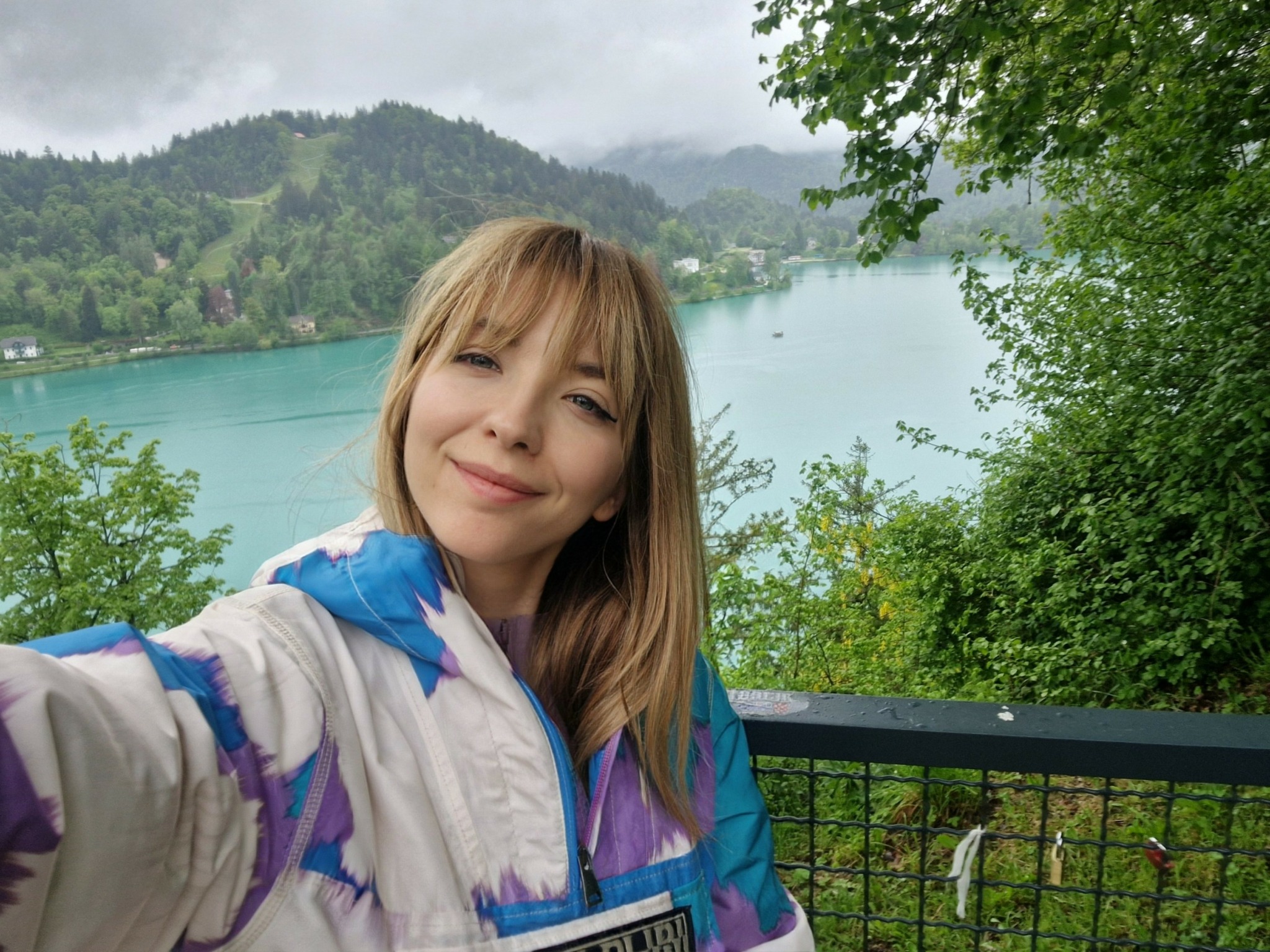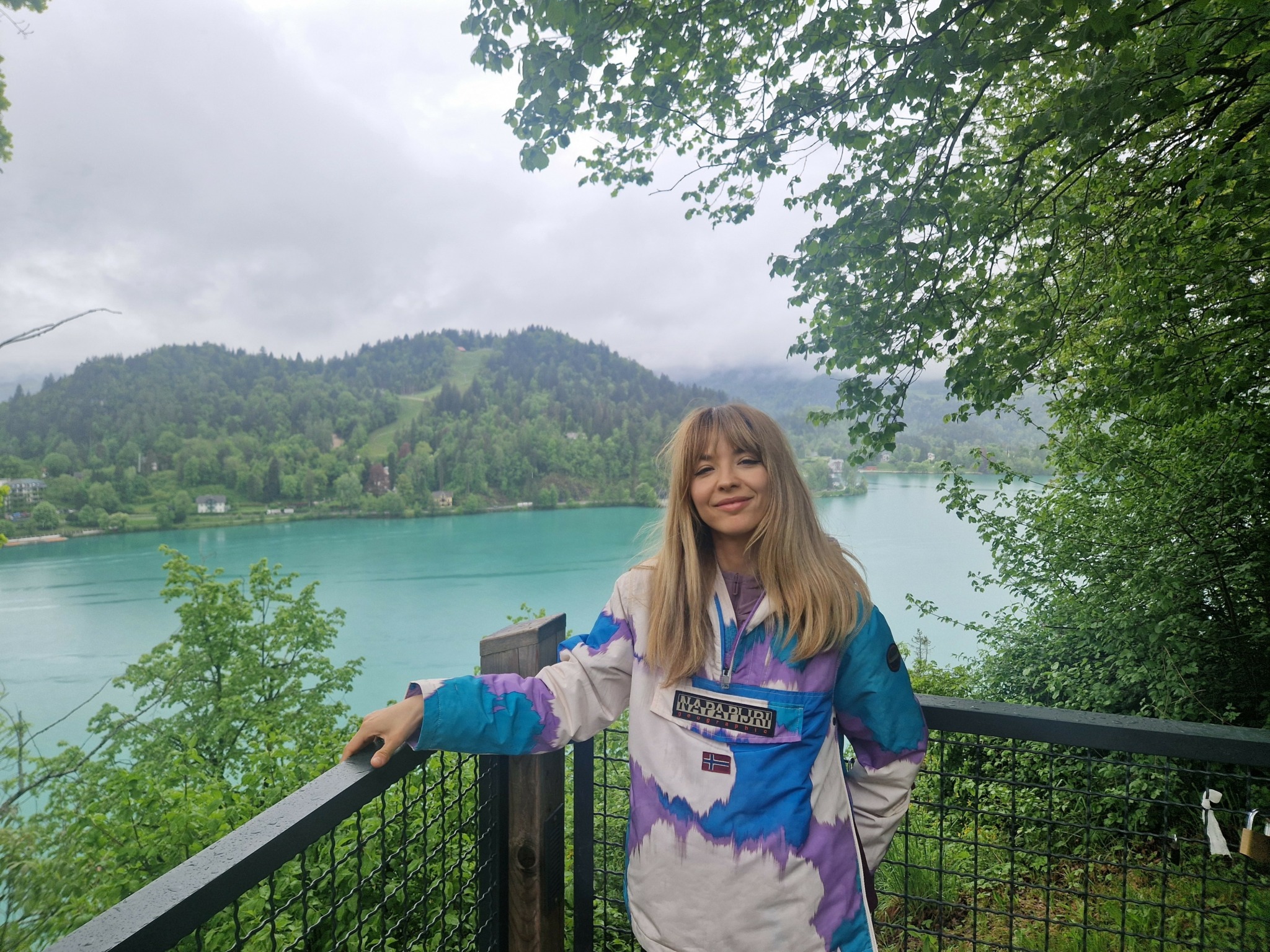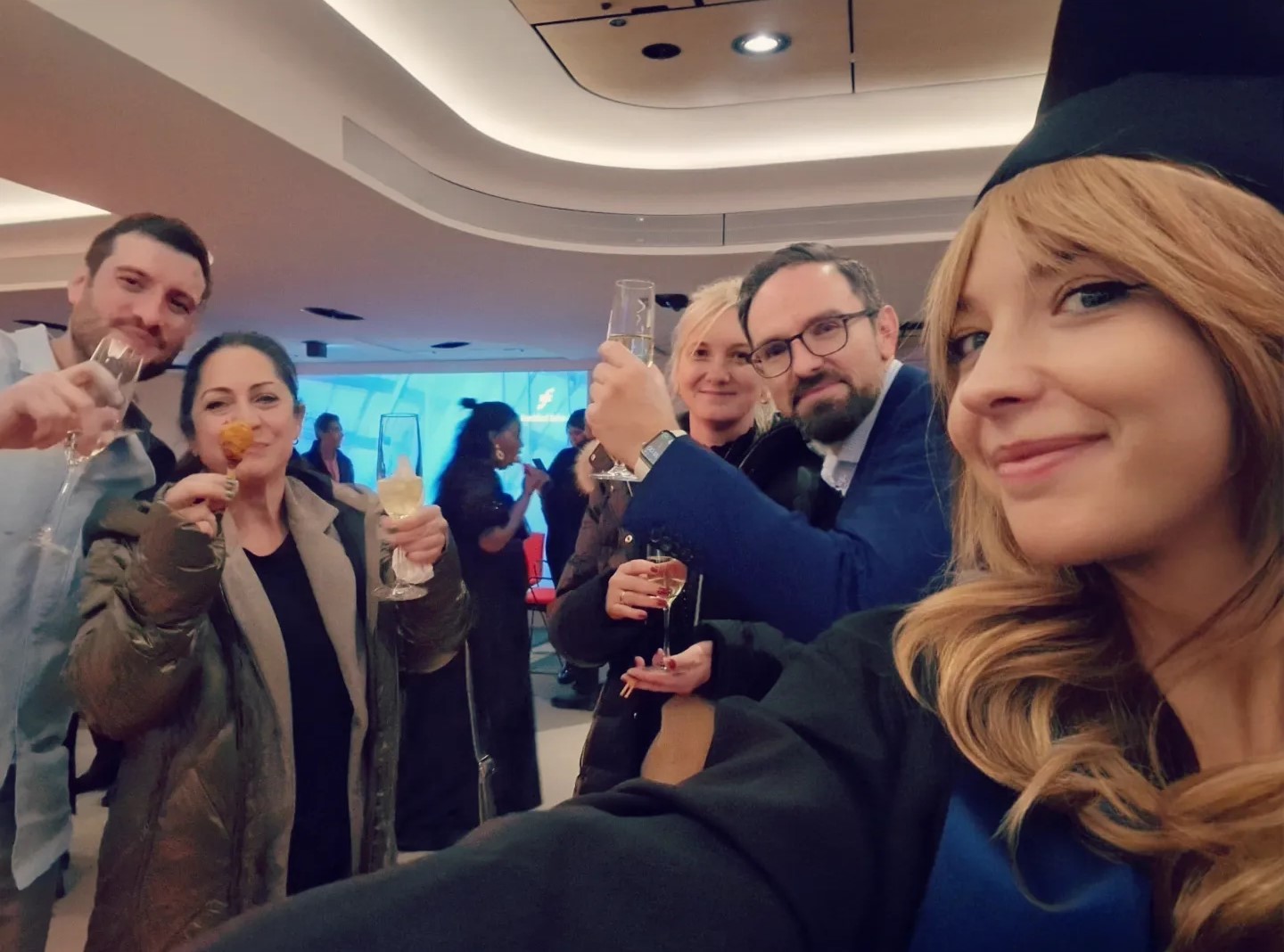Alright – so today we’ve got the honor of introducing you to Milana Lelovic. We think you’ll enjoy our conversation, we’ve shared it below.
Milana, appreciate you joining us today. We’d love to hear the backstory behind a risk you’ve taken – whether big or small, walk us through what it was like and how it ultimately turned out.
Growing up in a country marked by cultural, political, and social turmoil, stability and predictability were not just valued—they were considered the ultimate goals. The societal blueprint was clear: secure a stable job, preferably in the public sector, with an indefinite contract, health insurance, and a pension fund. Any deviation from this path was seen as foolish and, indeed, risky.
My career began at a well-established, medium-sized software company. I felt fortunate to have landed the role. The organizational culture was great, the pay was decent, and even as a non-tech employee, I enjoyed benefits that were becoming standard in the tech industry. For several years, life was stable and predictable.
Then came the news that our company was being acquired by a much larger corporation. Overnight, our roles transformed. What was once a position rich with variety and learning opportunities became that of a cog in a vast machine. Despite retaining our jobs, complete with fancy offices and solid benefits, the work became uninspiring. The interviews we had with the new management felt like mere formalities; our desires and career aspirations seemed irrelevant. In a culture that prizes stability, I was expected to be content. Yet, I felt my personal and professional growth had stalled at a crucial time in my life.
Determined to find fulfillment, I started exploring job advertisements and stumbled upon an opportunity with a new company opening a branch in my area. They weren’t even registered locally yet, and the entire hiring process was conducted online—a novelty at the time. It seemed irrational to consider leaving a secure position for a company that, on paper, didn’t exist and whose future was uncertain. My peers and family were skeptical, questioning the wisdom of such a move.
However, the potential for growth and new experiences outweighed the fears. After thorough due diligence to confirm the company’s legitimacy, I decided to take the leap. This decision paid off beyond my expectations. Not only did I gain significant agency in my role and meet incredible people, but the company also sponsored me to pursue a master’s degree at a German college—a degree I proudly earned. None of this would have been possible had I clung to stability over embracing risk.
After nearly two years, I found myself at another crossroads. While I had gained so much from my current role and contributed to the company in the best way I could, I felt that I had reached a plateau. An opportunity arose to work in an international environment in a challenging new role. This meant leaving behind the comfort and familiarity I had built, venturing once again into the unknown. The idea of joining a remote company I knew little about increased the level of uncertainty.
Yet, I remembered how taking a risk had enriched my life before. Despite the doubts and the comfort of my then-current position, I chose to embrace the new opportunity. This decision brought even more growth, learning, and fulfillment. I work alongside talented individuals from around the world, tackle challenges that push me out of my comfort zone, and formed friendships that I cherish to this day.
Reflecting on my journey, taking risks has meant being brave enough to pursue goals beyond financial security and societal expectations. It was about risking it all for the pursuit of knowledge and enriching experiences—elements I believe are the essence of life. The benefits of taking these risks have compounded over time. Had I not been willing to step into the unknown, I wouldn’t be in the fulfilling position I am today, nor would I have accumulated the invaluable experiences that have shaped who I am.


As always, we appreciate you sharing your insights and we’ve got a few more questions for you, but before we get to all of that can you take a minute to introduce yourself and give our readers some of your back background and context?
My path has been quite varied. After high school, I dreamed of studying political theory—not the most practical choice, but I was genuinely curious about understanding the bigger picture of our daily experiences. Halfway through, I took some psychology courses that rekindled an old interest. So, I decided to pursue a psychology degree alongside my political science studies. It was a busy time with overlapping exams and little free time, but it felt worth it.
During my last year of psychology studies, I specialized in organizational and industrial psychology. Many people think that’s just HR, but it’s actually a much broader field. HR seemed like a place where I could apply my knowledge to help create mindful and positive workplaces—especially important in my country, where finding work can be tough and fair pay isn’t always a given.
After university and a brief three-month stint as a receptionist, I landed a job as an office manager at a software company. This was my first real exposure to not just administrative work but also various areas of HR. My role expanded to include finance tasks and handling HR administrative, legal, and financial work. It was a fantastic foundation for my next role as a branch manager of a German R&D company, and eventually, my current position as Head of HR at Mailbird.
Throughout my career, I’ve explored different areas that now help me see the bigger picture in business and contribute meaningfully in HR—a role many of us in the industry are passionate about. Having a background in psychology and a master’s in data analytics and management, along with hands-on experience in administration, finance, and all HR areas, has been incredibly valuable.
What I’m most proud of is following my curiosity and making choices that felt right for me, even when they weren’t the easiest or most straightforward options. Not everything has directly paid off—my political science degree mostly comes up at family gatherings—but the experiences have been enriching. I don’t think there’s one set way to find success. We all face different challenges, and not everyone starts from the same place, so it feels disconnected to offer blanket advice. For me, the turning points have been following what really interests me, learning from mistakes—both personally and professionally—and being there for the people I care about. I’m grateful and proud for what those choices have brought into my life.


What’s a lesson you had to unlearn and what’s the backstory?
I think the lesson I am still unlearning is that happiness is the ultimate life goal. Happiness is not a lasting emotion, yet we are told to do a series of things in life that will supposedly lead us to some kind of everlasting happiness. Or worse yet, it seems like most of our actions nowadays are driven by whether they hold the potential to generate financial value. We do things to earn more so we can afford more and experience more, and yes, this can make us happy—for a moment. And then what? It’s a game that has set us up for failure.
So, I am starting to see that the point isn’t happiness as such. The point is trying, changing, and experiencing everything you can, so you can learn what makes you happy as often as possible. It’s about finding ways to keep bringing that happiness into your life through genuine, human ways, because any other approach isn’t sustainable and ultimately leads to disappointment.


How do you keep your team’s morale high?
When it comes to managing a team and maintaining high morale, it’s important to recognize the distinction between management and leadership. Management involves organizing, planning, and keeping things running smoothly, but leadership goes beyond that. Leadership is what we’re really aiming for in this context—it’s about inspiring, connecting, and guiding your team in a meaningful way.
True leadership focuses on building strong, individualized relationships. It’s not about following a one-size-fits-all formula but rather understanding what motivates each team member. This requires investing time to genuinely get to know each person, tailoring your approach to their unique needs and strengths.
Creating a supportive and psychologically safe environment is also crucial. Team members should feel comfortable sharing ideas, taking risks, and even making mistakes without fear of negative repercussions. This kind of environment is built on trust, empathy, and open communication. Show your team that you’re not just interested in their output, but in them as individuals. Listen actively, provide support, and recognize their contributions in ways that resonate with them.
Leadership isn’t something you can master through a weekend course—it’s something you practice every day. The more you invest in the human side of leadership, the more your team will feel valued and motivated, leading to higher morale and a more cohesive and productive team.




